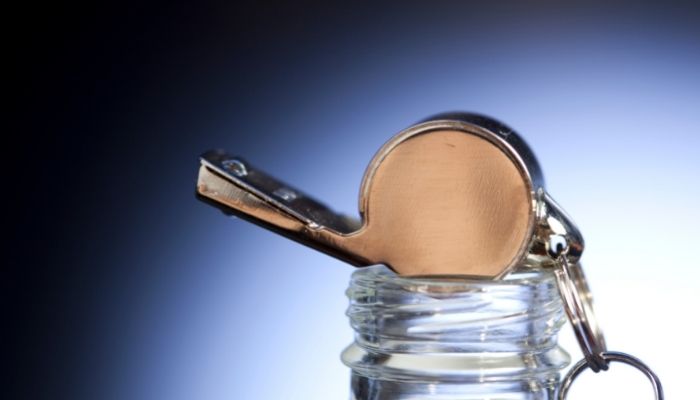OBX DWI Refusal Cases

The Typical DWI Arrest (If There is Such a Thing)
In a textbook NC DWI case, a person is first pulled over and investigated for suspicion of DWI. The officer makes contact with the driver, looks for signs of impairment and administers standardized tests to determine whether there is probable cause to arrest for driving while impaired. If the officer determines that the suspect is probably impaired, the officer makes an arrest.
After a DWI suspect is taken into custody, they are taken to a magistrate’s office to be processed. Prior to being taken in front of a magistrate, the law enforcement officer advises the suspect of certain rights and then offers a breath test on a machine called the EC/IR II. Before requesting the test, the officer advises the suspect that if they refuse the “voluntary” test, their license will be revoked for a one year period. This law is known as an “implied consent” law and is intended to create an incentive for drivers to willfully comply with the request of law enforcement so that they won’t be subjected to a forced blood draw or other involuntary form of testing.
Despite the warning from officers, oftentimes people refuse the test. This is usually because the suspect does not fully understand their rights, is very nervous, and doesn’t fully comprehend the consequence of the refusal. Other times, there are other reasons such as medical issues that cause the suspect not to be able to provide a sufficient breath sample.
I Refused, Now What?
If you are facing a refusal and hope to keep your license, you have to jump through hoops that a typical DWI defendant does not. Not only do you have to face a prosecutor and judge in criminal court, you have to deal with an administrative hearing conducted by a DMV officer for the refusal.
Shortly after an arrest and refusal, DMV will send the driver notice stating that their license is revoked for 12 months, effective on the tenth calendar day after the mailing of the revocation letter/order unless, before the effective date of the order, the person requests a hearing before a DMV officer. If the person does not request the hearing in a timely manner, the fight is over – the driver’s license will be revoked for 12 months. If the driver does request the hearing (and pays the $450 hearing fee), then a hearing will be scheduled in the county where the charge was issued. The driver will retain his/her license while awaiting the hearing.
The NC DMV hearing officer schedules and conducts a hearing is similar to a court hearing. The hearing officer subpoenas witnesses or documents that the hearing officer thinks are necessary. He or she also subpoenas the law enforcement officer (and chemical analyst at the defendant’s request). The hearing is limited to 5 questions:
- Whether the person is charged with an implied consent offense (or had an alcohol restriction on their license.)
- Whether the officer had reasonable grounds to believe that the person had committed an implied consent offense (or violated an alcohol restriction on license).
- If alleged in the affidavit, whether the offense charged involved death or critical injury to another.
- Whether the defendant was notified of his/her rights under the law (G.S. 20-16.2(a): and,
- Whether the person willfully refused the chemical analysis.
If the hearing officer finds that the conditions above are met, the officer must sustain (support and agree with) the revocation and DMV later notifies the defendant that the license must be surrendered. If the DMV officer finds that the above conditions are not met, the officer rescinds (cancel) the revocation.
What if I Think The DMV Officer is Wrong?
If a person loses their challenge to the revocation at the DMV hearing, they can petition the superior court (within 30 days) for a recorded hearing in open court. The superior court reviews whether there is sufficient evidence to support the hearing officer’s conclusion and determines whether the hearing officer committed an error of law in revoking the license.
I Did Fully Refuse, Should I Even Fight It?
The simple answer is, lawyer up. DWI law is dense and complex and it takes an experienced practitioner to assess a DWI case and craft a plan to deal with the charge. Even when a person is “guilty as hell,” there are sometimes issues present in the facts of the case that can help the person keep their privilege to drive, or even better, avoid a DWI conviction.
If you are charged in or around the Outer Banks of North Carolina and are looking for a DWI defense lawyer, consider giving us a call. Our number is (252) 715-5785.








